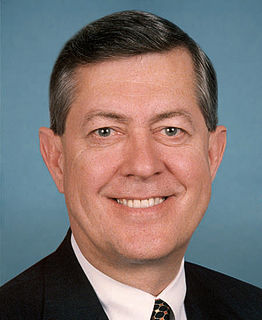A Quote by Michael McCaul
Any Human Rights Council reform that allows countries that sponsor terrorism to remain as members, such as Cuba, is not real reform. And in the past, countries such as Libya, Iran and Syria have participated on this council.
Related Quotes
Countries such as Iraq, Iran, Libya and Syria, which support terrorist organizations and use terror to achieve their objectives, are precisely the same countries working tirelessly to acquire weapons of mass destruction. This combination creates a new dimension to the threat on our way of life in the 21st century.
After Iraq, there's been Libya, there's Syria, and the rhetoric of, you know, democracy versus radical Islam. When you look at the countries that were attacked, none of them were Wahhabi Islamic fundamentalist countries. Those ones are supported, financed by the U.S., so there is a real collusion between radical Islam and capitalism. What is going on is really a different kind of battle.

































